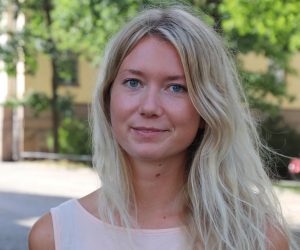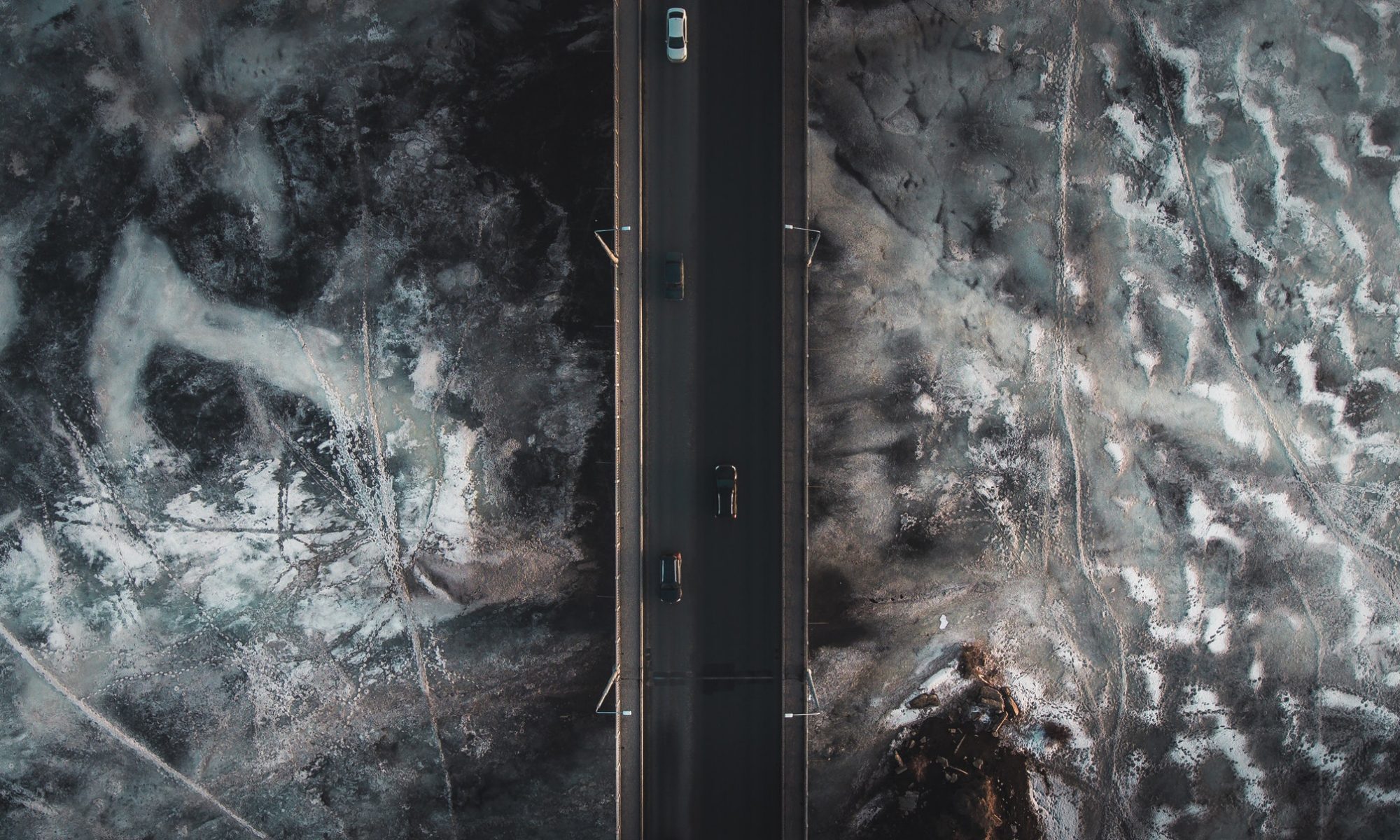This year our team has expended significantly – in addition to the new postdocs Alla and Dima, we also welcomed two doctoral students this summer, Karoliina Hurri and Sohvi Kangasluoma. Karollina is researching China’s geopolitical identity and climate change discourse in the global climate governance, and Sohvi is working in the AUCAM project. Let us introduce these two promising researchers to you.


Interview with Karoliina and Sohvi
How did you become a part of the group?
Karoliina: I have followed climate negotiations rather actively since 2009 Copenhagen meeting. In 2012, when I wrote my Bachelor thesis, the negotiations were all about the Kyoto follow-up and recovering from the Copenhagen disappointment. In 2014, I attended Veli-Pekka Tynkkynen’s course “Russia as an environment and energy great power” and ended up at the Russia’s environment seminar group. I was interested especially in the dichotomy between developed and developing countries and its change in negotiations which is probably why I started looking into emerging nations like China, India, South Africa and Brazil. In my Master thesis, supervised by Tynkkynen, I researched China’s geopolitical identity in climate politics comparing it in the two frames of BASIC countries and US-China frame.
Since I had been attending the seminar group for a few years, it felt natural to continue to work with my PhD in the Aleksanteri Institute. I joined the team in July 2018 after I was accepted to the Doctoral Programme of Political, Societal and Regional Change. In May 2018 I also received Climate Change themed funding from the Tiina and Antti Herlin Foundation.
Sohvi: I have studied international relations, first in University of Lapland and then in University of Tampere. I also studied in Aleksanteri Institute’s Master School. While writing my master’s thesis I was involved in Veli-Pekka’s research seminar on Russian environment and that is how I ended up in his project. My master’s thesis was examining Norwegian and Russian roles in relation to climate change in the Arctic. I stuck with the same theme in my dissertation, I find Arctic issues intriguing as well as extremely important.
Tell about your research: what is your doctoral thesis about?
Karoliina: Currently I am in the beginning of my PhD titled “The Construction of China’s Role in Climate Negotiation Forums”. My dissertation focuses especially on three essential international forums of China after the COP21 conference in Paris in 2015: the BASIC group (Brazil, South Africa, India and China), the BRICS group (Brazil, Russia, India, China, South Africa) and the Arctic Council. The objective of my research is to understand how roles are constructed in the space of the international climate politics through climate dialogues. I utilize critical discourse analysis to understand the shared beliefs and roles behind the language. The data consists of China’s national and international climate and development documents including joint statements of the different forums. At this stage I am familiarizing myself with the theoretical background and collecting the data. Next month, I will also attend the China’s Global Engagement workshop and seminar held by the University of Turku. The aim is to finalize my dissertation in spring 2022
Sohvi: In my doctoral dissertation I set out to study the impacts of oil and gas sector to human security of the people living in Arctic communities. I approach this issue utilizing concepts from feminist theories of international relations. Through gendered attributes I examine why some issues are valued more than others. My research focuses on two Arctic energy states, Norway and the Russian Federation. The research is twofold: Firstly, I examine the framework concerning the fossil energy sector, created on a national level. Secondly, I examine the impacts of oil & gas sector on a local level. The oil & gas sector as the focus of the study is especially interesting because of its role in climate change. It is the sector that keeps many of the Arctic municipalities alive while also being a big contributor of GHG emissions, which have a global effect through climate change.
I have started working on my dissertation in August. At the moment I am familiarizing myself with the topic and especially with the theoretical background. My aim is to start working on my first article in the start of 2019.
In what do you see the importance of studying climate change?
Karoliina: Climate change is one of the most difficult threats on our time. I think it is fascinating that my dissertation combines one of the most vulnerable regions, the Arctic, and a country with the highest emissions in the world, China. People say that greatest emission reductions will happen in China if they are to happen. I do wish that they will happen.
Sohvi: Climate change and its impacts are something happening now and not in the distant future. Energy sector plays crucial role in the development of climate change. I believe that by understanding different aspects of fossil fuel production we can move towards a more sustainable future. I find Russia and Norway as an interesting pair of countries. At first sight, they have not much in common. Nevertheless, they are both coastal Arctic states, with a dominant oil and gas sector. Comparing the understanding and reality of human security issues in these Arctic countries and their communities can therefore be very fruitful. I want to focus especially on the experiences of individuals – when talking about the Arctic we often imagine only ice and polar bears, and forget the local people living in the Arctic.
I am very happy to join the team!
We too, Sohvi, are very happy to have you and Karoliina in our group!
